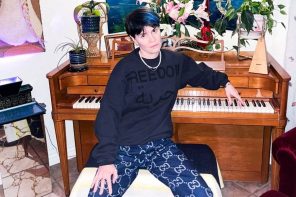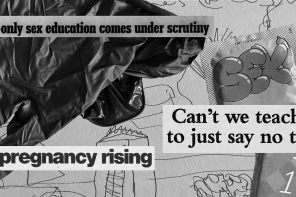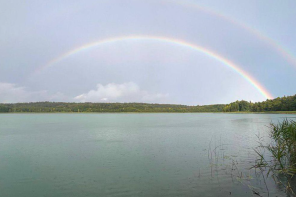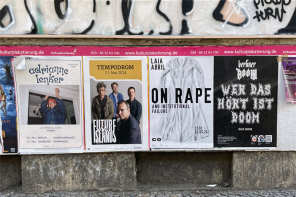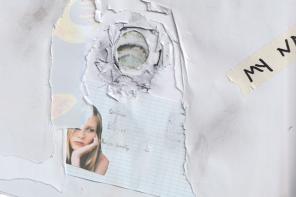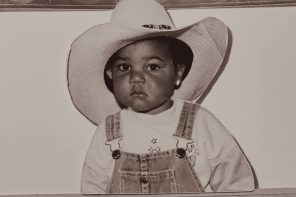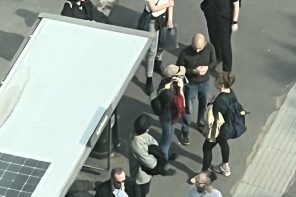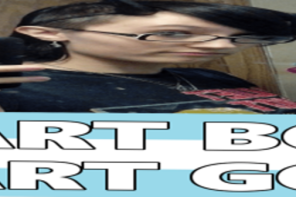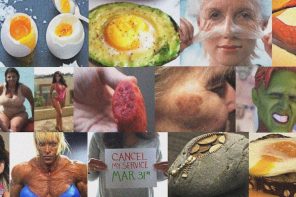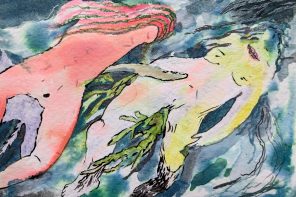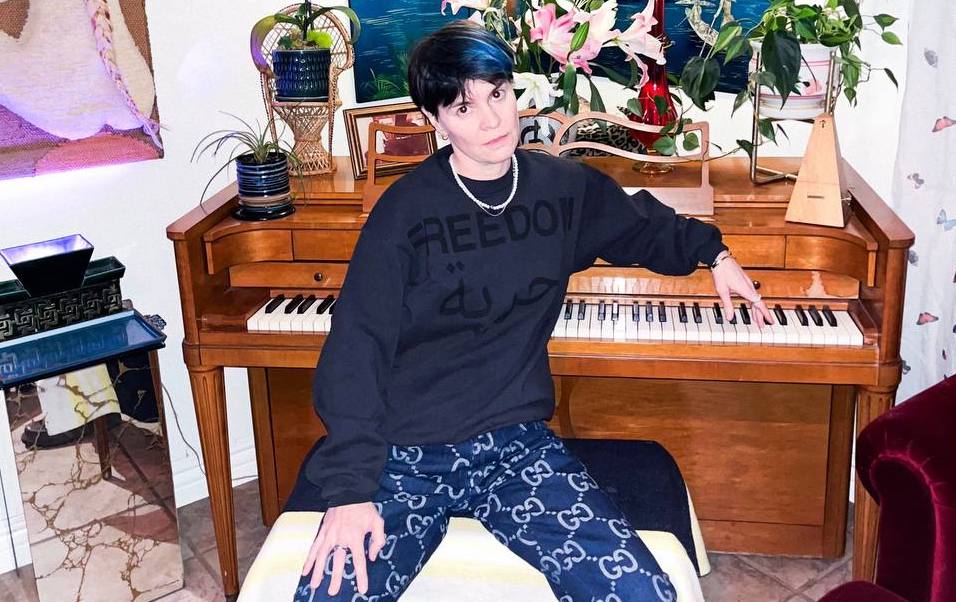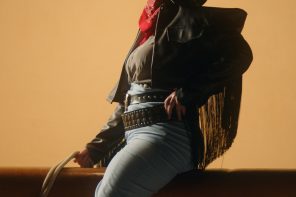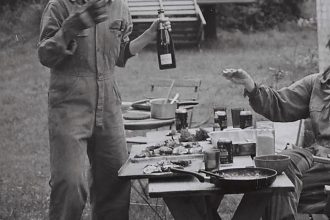October 27, 2024
Recently I had the chance to sit down with COVEN friend Yeşim Duman to have a coffee in the sunlight to talk about the current iteration of their Queer Ping Pong series, a curatorial collaborative effort with COVEN BERLIN, called Dyke 


The next events are November 3rd and December 15th! Come by and play with us.
Harley Aussoleil
Hi, Yeşim!
Yeşim Duman
Hi, Harley!
HA
So, tell me about Dyke Ping Homo Pong, happneing Sunday, November 3rd and Dember 15th.
YD
I’m super excited! Before it was at Oyoun Werkstatt der Kulturen, which we got funding for. And now we got invited to Gropius Bau. And on 3.11, it starts from 11 to seven o’clock, and we have three amazing DJs: Hedda, Gîn Bali, and Ceyda aka DJ Abla. The mix of DJs is very lovely.
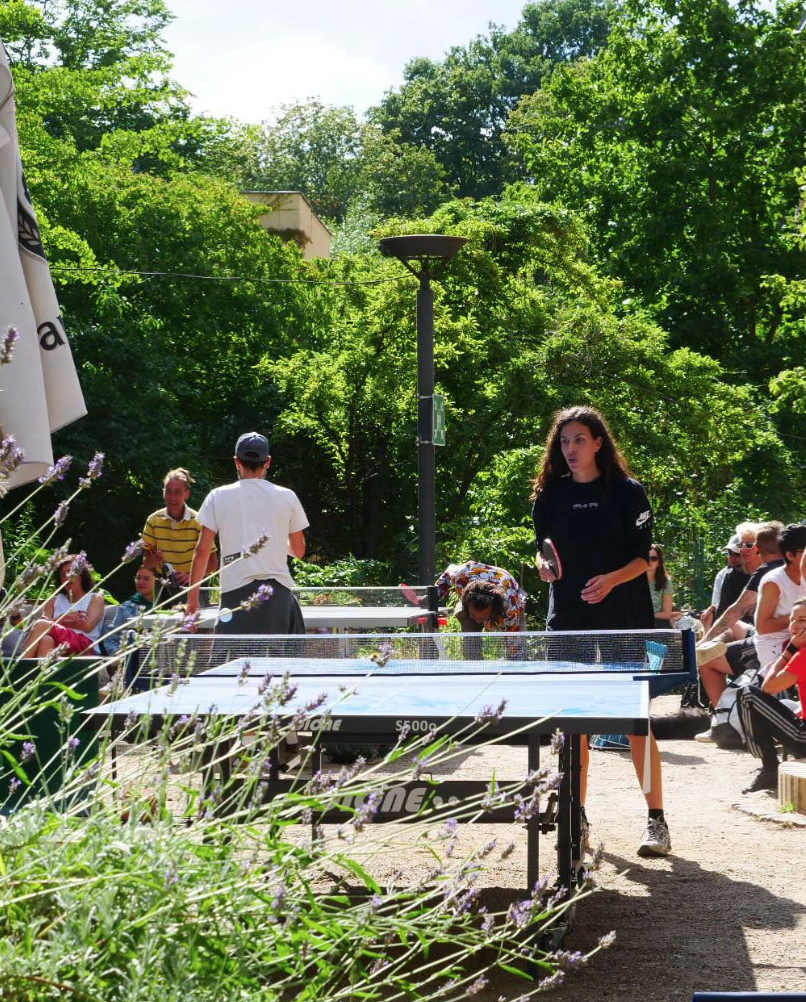
I’m very excited about it because it’s about changing or recontextualizing club culture into daylight. It’s more inclusive because more people have access in the daytime to go somewhere, to network, play ping pong, to communicate non-verbally, and to bond with other people. What I also really like about ping pong is you can go autonomously, you just need a racket to play (but we also will provide rackets and ping pong balls there)! It’s very organic. You can get to know other people while playing, and you also get to see so many sides of people: like, you know, when you’re just playing with them without talking, you get to see how they lose and how motivated they are—or not. And, yeah, it’s a bonding thing. I really like it. And it’s also a way of coming together, participating, interacting, and being together and building a resistance on the ping pong table. It’s special when you come together and you connect generations and all the identity aspects of gender, age, ethnicity, how they come together—that’s what I like about it.
It’s within this huge exhibition which opened on the 11th of September, from Rirkrit Tiravanija where he’s displaying these ping pong tables. And on them the statement “Tomorrow is the question” (Morgen ist die Frage in German) is written in six different languages. During the COVID-19 lockdown in Berlin, Tiravanija also displayed Morgen ist die Frage in large block letters across the facade of Berghain. He does very participatory projects and formats, also with Thai cooking, and other things. I was invited to hold three events as part of the exhibition: the first was on September 15th, the next on November 3rd, and the last will be on December 15th.
HA
So, it’s a Christmas special?!
YD
No, I have nothing to do with Christmas. But it’s also nice to come together because Christmas time can be tough, especially for queer people. I think that’s why I really like it. You know? It’s an opportunity to connect with other people. I like to connect people. We’re all gonna die and life is short—so go out and play.
I just know there are many people who are anxious and I think these participatory events are a place to go out by yourself because you have the possibility to connect with people organically. With music and ping pong you have an agenda or structure (or not) and you’re connected more easily to the space. You can come by yourself and easily get to know other players of all levels. You don’t have to be witty, you don’t have to speak the same language. You can come as a socially anxious, neurodivergent queer or not, and just have a have like a thing to do together, a way to play. It’s really cool.
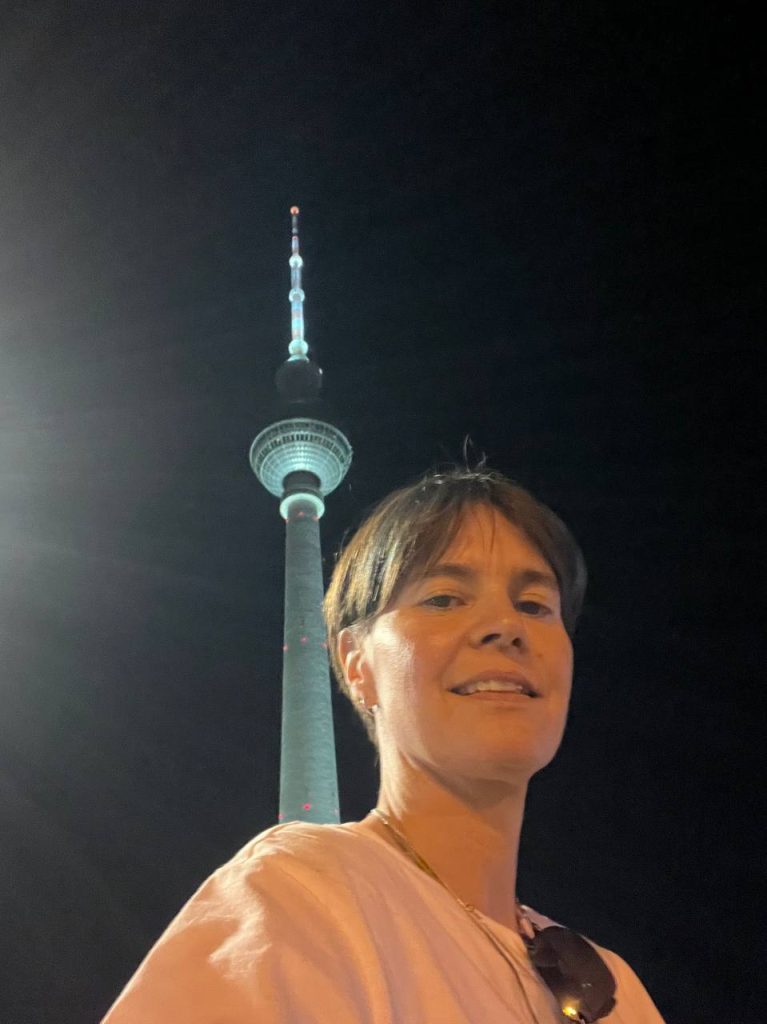
HA
I mean, you’ve told me this before in another conversation we’ve had, but do you want to tell us how you got into ping pong?
YD
I got into ping pong when I was eight years old. There was a tournament at my school, and I played there, and then I got recruited. There was this one coach who saw me playing, and he asked me if I wanted to come to his club. And I said, “Yeah.” So I started playing at least two times a week, and then I got better and better, and then I played like, four times a week, and almost every month I went to tournaments, competitions, and stuff. So it was kind of my life for a while, until I was 19 or 20—and then I quit. I didn’t want to play anymore because it’s also such a nerdy and very white scene and I couldn’t connect with all these white people, and I was developing other interests. I was into music. I was into pop culture and going out dancing. Ping pong was not my life anymore. I was like, “these people are not my people anymore.”
But then, some years ago, my best friend was like, “when we hang out, you have to play against this guy.” And then we played—and I crushed him. So, I knew I could still play.
I came to Berlin from Hamburg seven months before the COVID-19 lockdown, and to be honest, it was ok for me because I really liked not being under pressure to get to know people. I played ping pong almost every day, even though public outdoor tables were occupied with cis men playing topless. In Hamburg I had organized Erdogay and Bubble, but I wasn’t sure if it would work in Berlin too. But then with restrictions imposed by the dancing ban and lockdown, I thought, oh my god, something during the day with DJ sets and ping pong would be the best! I wanted to change the narrative of club culture by introducing something during the day with movement and interaction that was still COVID-safe and queer.
Queer Ping Pong is an event where something is always going on: if you’re not into the game but you want to listen to club music or just be in an environment where lots of things are happening, it’s perfect. And you’re not under pressure to have a beer. It’s also okay to organically talk to others, like, Hey, how did you find out about this? Are you, like, into ping pong? No, I hate it, but, you know, whatever.
It’s very easy going, it’s about chit-chat, sing-song, ping pong.
The title of this article was inspired by this talk.
Header image by Vanessa Dahbour
Harley Agnes Aussoleil is a curator and artist based in Berlin since 2012. She has been a member of COVEN BERLIN since 2016.
Yeşim Duman is a transdisciplinary and collaborative curator and organizer. Their work as a music curator in the pop and club context, such as Berlin’s Pop-Kultur-Festival and as the initiator of various queer event formats such as “Erdogay”, “Bubble”, or participatory formats such as “Queer Ping Pong” or “Queer Chess Club” is particularly noteworthy.Their curatorial approach is one that incorporates current contemporary phenomena, focusing on creating inclusive spaces that eliminate the apparent contradictions between play and discourse. Duman sheds light on topics such as queerness, social exclusion, and the situation of female-read and non-binary artists in pop and club culture from the perspective of a post-migrantrigantische person. This sensitivity to social issues characterizes not only their curatorial practice, but also their participatory projects which promote exchange and inclusion. Duman is a member of the Goethe-Institut’s music advisory board.
